Dalal Unit for Teaching Arabic to Non-Native Speakers
Opening Address for Dalal Center for Teaching Arabic to Non-Native Speakers
In the Name of Allah, the Most Gracious, the Most Merciful
It is with great pleasure that we welcome you to the Dalal Center for Teaching Arabic to Non-Native Speakers, affiliated with the University of Zakho-Language Center. This academic institution has been established in response to the growing global demand for learning Arabic, a language that embodies a rich cultural and intellectual heritage.
Our Center aspires to be an academic beacon that harmonizes tradition with modernity, utilizing the latest educational methodologies and advanced technologies to offer a distinguished and comprehensive learning experience. We firmly believe that language is not merely a means of communication but also a bridge that connects nations and cultures, fostering mutual understanding and opening new avenues for scientific and cultural cooperation.
The Dalal Center is committed to providing well-structured and integrative educational programs that cater to the diverse linguistic backgrounds and needs of learners—whether for academic, professional, or cultural purposes. The Unit prides itself on offering a stimulating learning environment that supports students from all over the world, equipping them with the necessary skills in reading, writing, and speaking Arabic through scientifically innovative methods.
In pursuit of excellence, the Dalal Center actively seeks to establish international and regional academic partnerships and exchange expertise with leading institutions in the field of teaching Arabic as a foreign language. Furthermore, we are dedicated to organizing workshops and training sessions for both instructors and learners, in addition to developing online educational platforms that enhance distance learning opportunities.
Our ambition is for the Dalal Center to become a pioneering institution in Arabic language education, playing a vital role in fostering cross-cultural dialogue and cooperation. We remain steadfast in our commitment to knowledge and education as powerful tools for positive change and societal development.
In conclusion, we pray for success in achieving our goals and look forward to the Dalal Unit serving as a distinguished academic platform that benefits learners locally and internationally while strengthening the global presence of the Arabic language.
With best regards,
Administration of the Dalal Center for Teaching Arabic to Non-Native Speakers
Language Center – University of Zakho
Staff
Dr. Dr. Amaria Hakem
Professor
Academic Staff
Dr. Dr. Ammar Hazim Mohammed Ali
Assist. Professor
Academic Staff
Director
Dr. Dr. Hussain Muhammed Abdullah ALQARN
Professor
Academic Staff
Dr. Dr Hessa bint Zaid bin Saad Al-Mufarreh
Professor
Academic Staff
Dr. Dr. Muhammed Nur Yusuf
Assist. Professor
Academic Staff
Dr. Dr. Hanik Mahliatussikah
Professor
Academic Staff
Dr. Dr. MOHAMMED YASEEN
Assist. Professor
Academic Staff
Dr. DR. MUKHLESUR RAHMAN
Assist. Professor
Academic Staff
Dr. Adel Hassan Rashid
Lecturer
Academic Staff
Dr. Dr.ahmet natouf
Professor
Academic Staff
Dr. Dr. Rfekt Abdullah bin Rajab'
Professor
Academic Staff

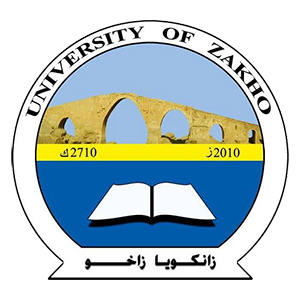

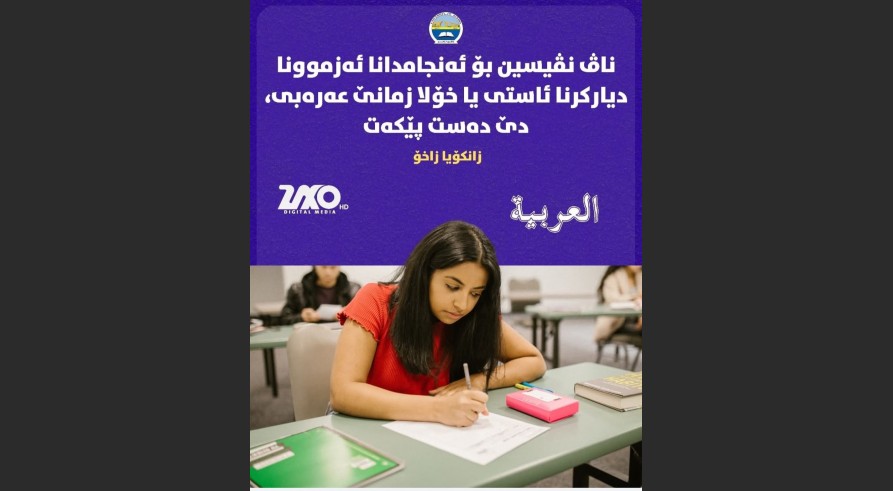
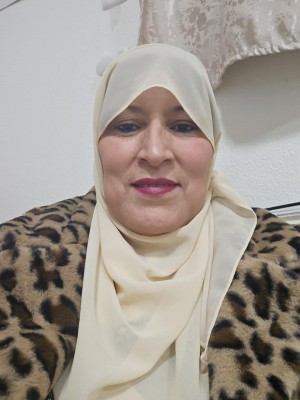
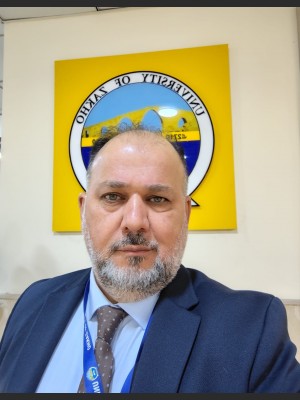

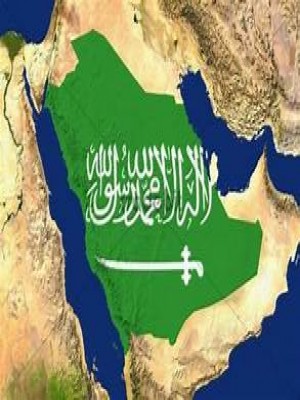
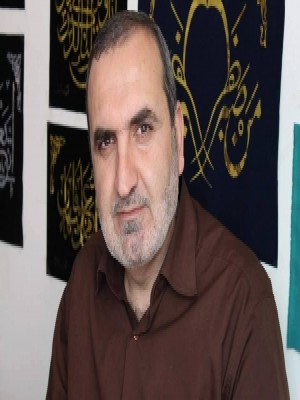
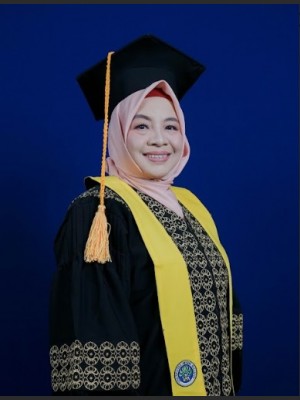
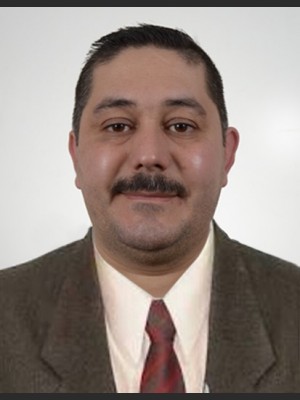

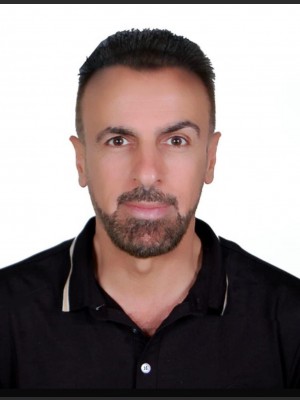
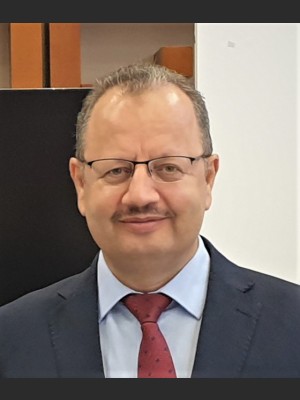
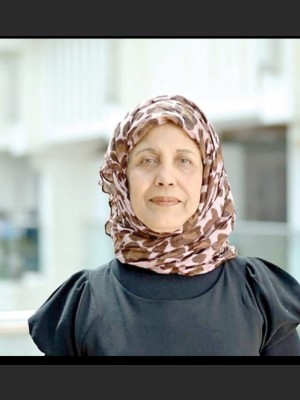
Foundations of Modern Education in Humanities Departments